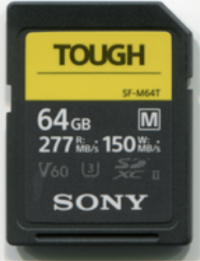Incremental changes aren't to be sneezed at. LA's gone from 307 smog alert days a year in 1970 to like 13 recently, despite population doubling, and that's down to a chain of 50 years of "incremental changes." The bad air has real dollars-and-cents costs on the community's health. It'd be stupid to allow one person to forgo an engine upgrade that costs them $X if the cost to the community of them not doing it is going to be more than $X. If in a couple cases the incurred costs on the community aren't that high, so be it; most years they're far higher.How do you account for California forcing truckers to replace engines in their trucks 2 or 3 times just to keep up with incremental changes in emissions rules? Also, they forced retirement of perfectly good earthmoving equipment and put many contractors out of business in the process.
If significant numbers of contractors couldn't afford the upgrades, the profit of contracting would go up due to the Law of Supply and Demand: smaller supply of contracting results in price increasing to the point that demand slackens and supply grows to the point that price is again in balance. The costs of equipment upgrades will be passed along, more or less, to the citizenry in this fashion, and won't ultimately be coming out of contractors' pockets. And if say 10% of contractors are really going out of business, it'd be the worst 10%, right? Every industry has a weed-out from time to time. Nokia stopped making cell phones when they couldn't compete. My grandpa stopped raising hogs when his cost base was just too high. He didn't whine about it. No-one cried Nokia or my grandpa a river.
It makes total sense for a place like Oregon to have lower emissions standards than California. It's got far lower population density, so even dirty trucks won't be in such concentrations to produce bad health outcomes on the state's population.
I don't really want to get off topic in this group, and won't respond further no matter how crazy the discussion gets. If you really don't like regulation, though, seriously, why not move to Somalia? Basically no regulation, and not really any laws. You can go do everything however you want! Thing is, so can everyone around you! If that sounds like heaven on earth to you, what are you waiting for?
Upvote
0

